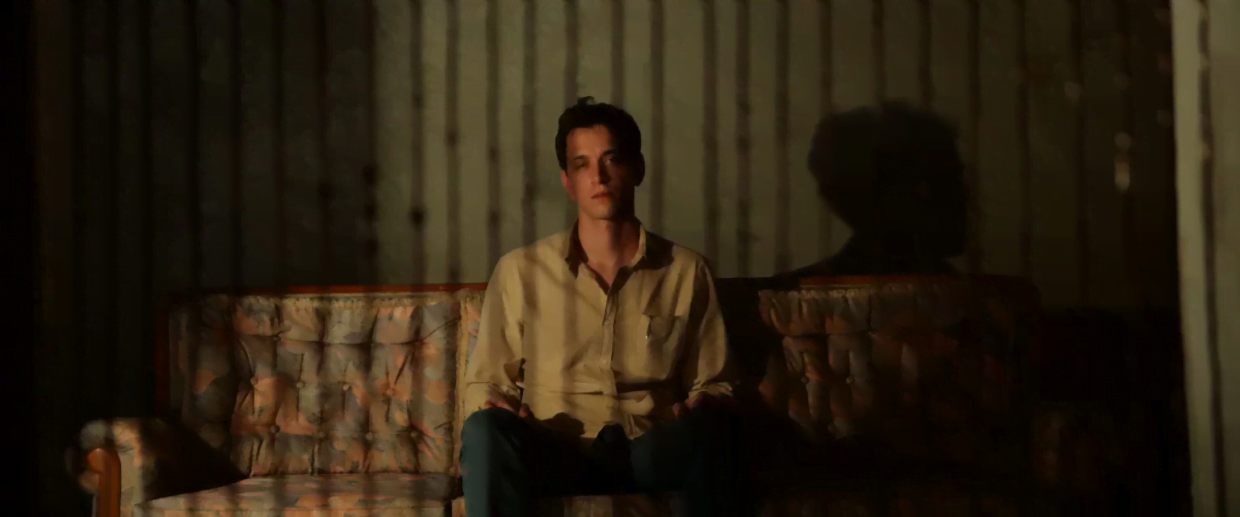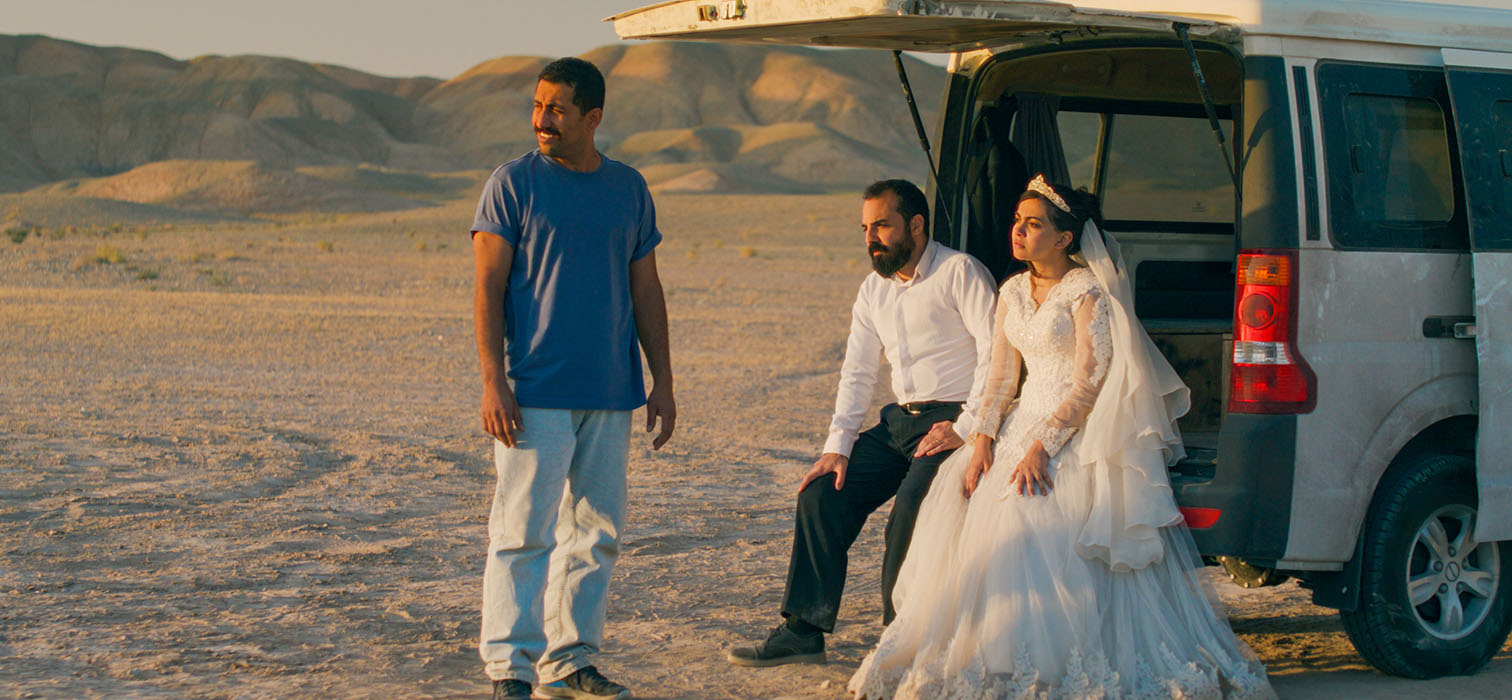Burning Days

Emin Alper, who knowns with his films “Siblings”, “Blockade” and “Behind the Hill”, premiered at the Cannes Film Festival and won nine awards at the 59th Antalya Golden Orange Film Festival, the film “Burning Days” released in movie theaters as of 9 December.
One of the most successful directors of independent Turkish cinema in recent years, Emin Alper’s latest film, “Burning Days” was awarded the 59th Golden Orange Film Festival after its premiere at the last Cannes Film Festival. He won nine awards, including the Best Director award. “Burning Days”, which was highly appreciated by both the critics and the audience, has already begun to be seen as Alper’s masterpiece.
While watching “Burning Days”, which was released today (December 9), I couldn’t help thinking about the following sentences that Emin Alper mentioned in an interview: The director who watched “Time of Gypsies” at the age of 18 said that he realized the magic of cinema with that film. I started to be fascinated from the first scene of “Burning Days”, and I started to feel like I was under a spell as if I was watching Hamlet with the music that subtly heightened the excitement and tension of the movie. This feeling was related not only to the music of rising excitement and tension, but also to the story Alper gave birth to from a small Anatolian town, because there was something completely rotten.

Yanıklar is an Anatolian town that has had a water problem for years and tries to get its water from the fountains in the streets in a primitive way. The first sequence of the movie opens in front of a big pothole at the beginning of another disaster at the beginning of the village: We see the newly appointed young prosecutor Emre and judge Zeynep looking at this huge pit at the beginning of the pothole. The pothole, which makes the young prosecutor feel foreign to the town, will also symbolize the gap between Emre and the townspeople in the following minutes of the movie.

At the center of the story of “Burning Days”, which paints a realistic portrait of Anatolia, is the investigation opened by young prosecutor Emre about a crime that took place at a town-style entertainment night in which he was involved. While lawyer Şahin, son of the mayor, is the number one suspect in the crime, the fact that young prosecutor Emre is under the influence of alcohol and drugs on the night of the crime creates an ambiguous side in the film. From this point of view, “Burning Days” does not clearly distinguish between good and bad, but as Emin Alper said in an interview, the prosecutor opens a trial in which he can be found guilty, does not dwell on the concepts of good and evil, which has no sharp boundaries, and is concerned with being virtuous. If we recall Hamlet once again, Ophelia says, “Can there be a better friend than virtue?”.

Emin Alper, with his camera extending from the focus of prosecutor Emre to Yanıklar, tells us the story of a small Anatolian town that is both too far and too close. Alper also turns his camera focusing on the long barren roads, the townsfolk, the mud brick windows of the small-town houses, into the sinkholes caused by the underground waters. I feel enchanted when the movie is over and leaving the theater, but this is a “Brechtian” type of fascination that comes from Emre and Murat’s stance against power.




